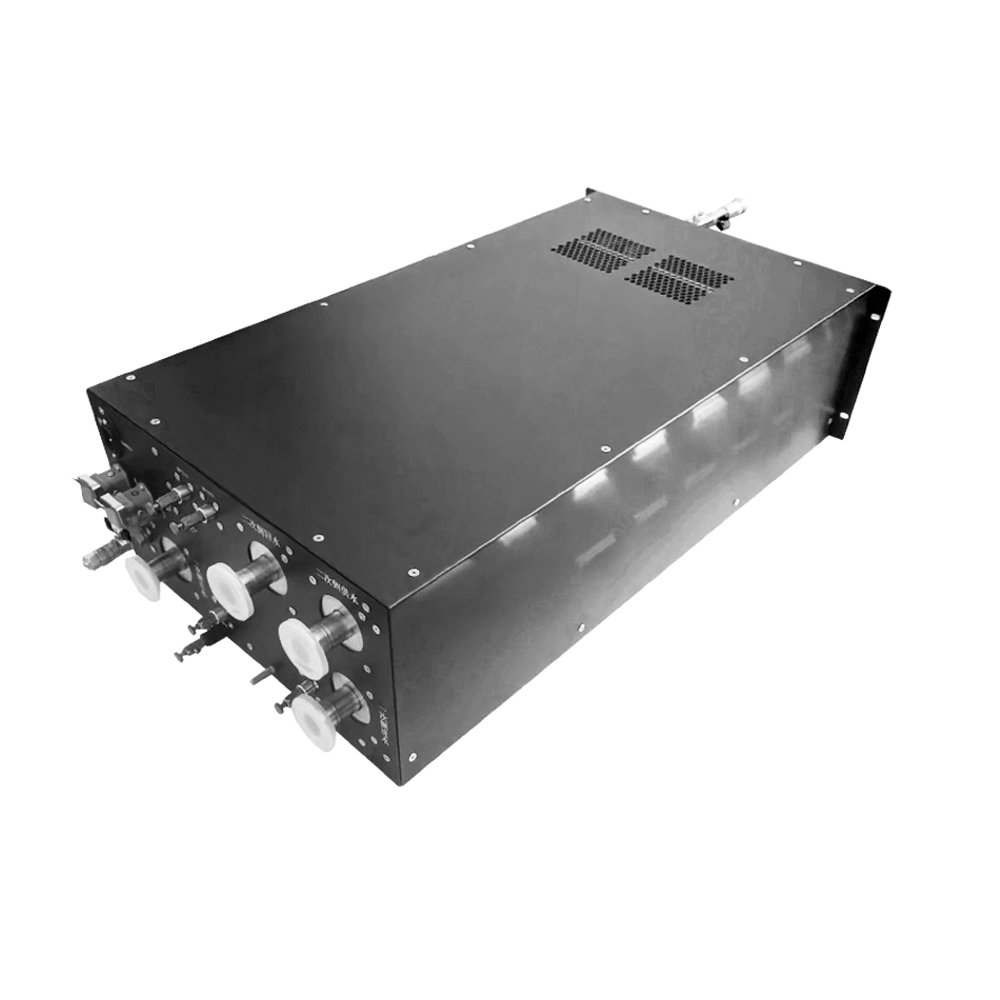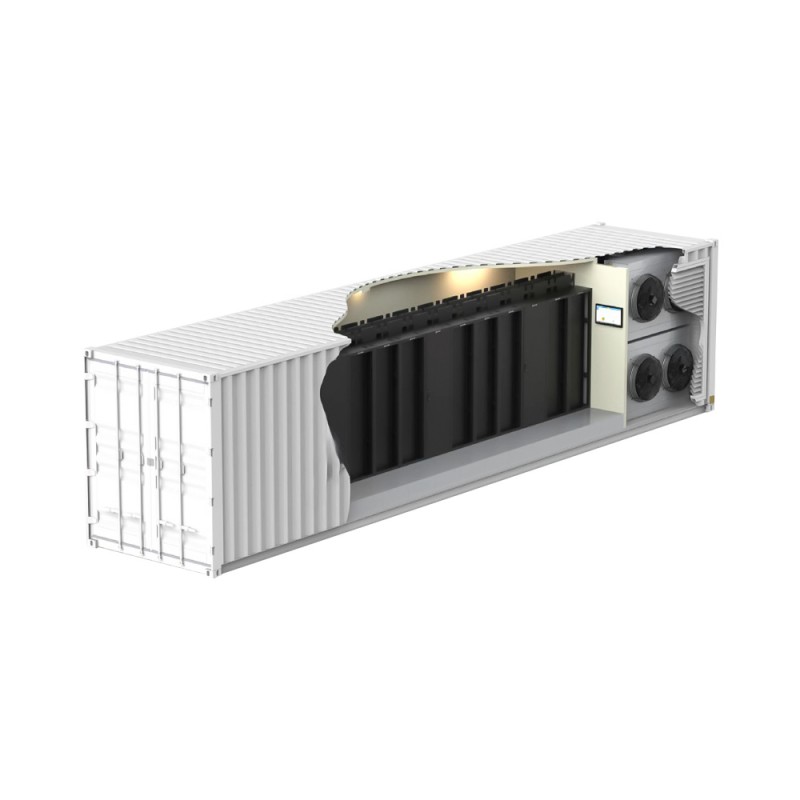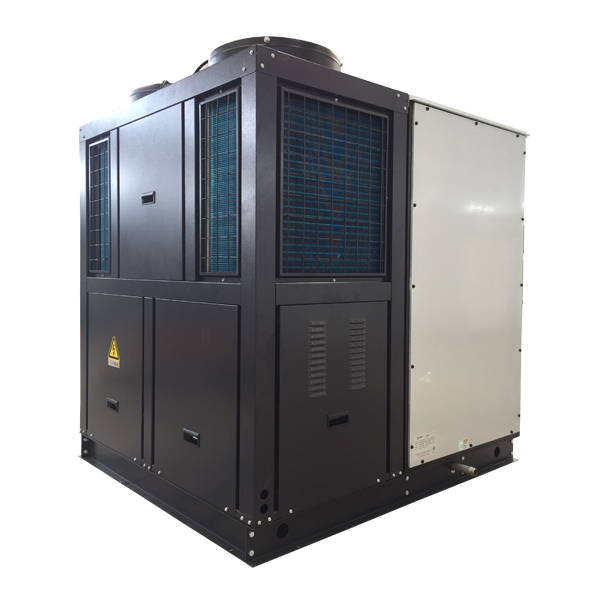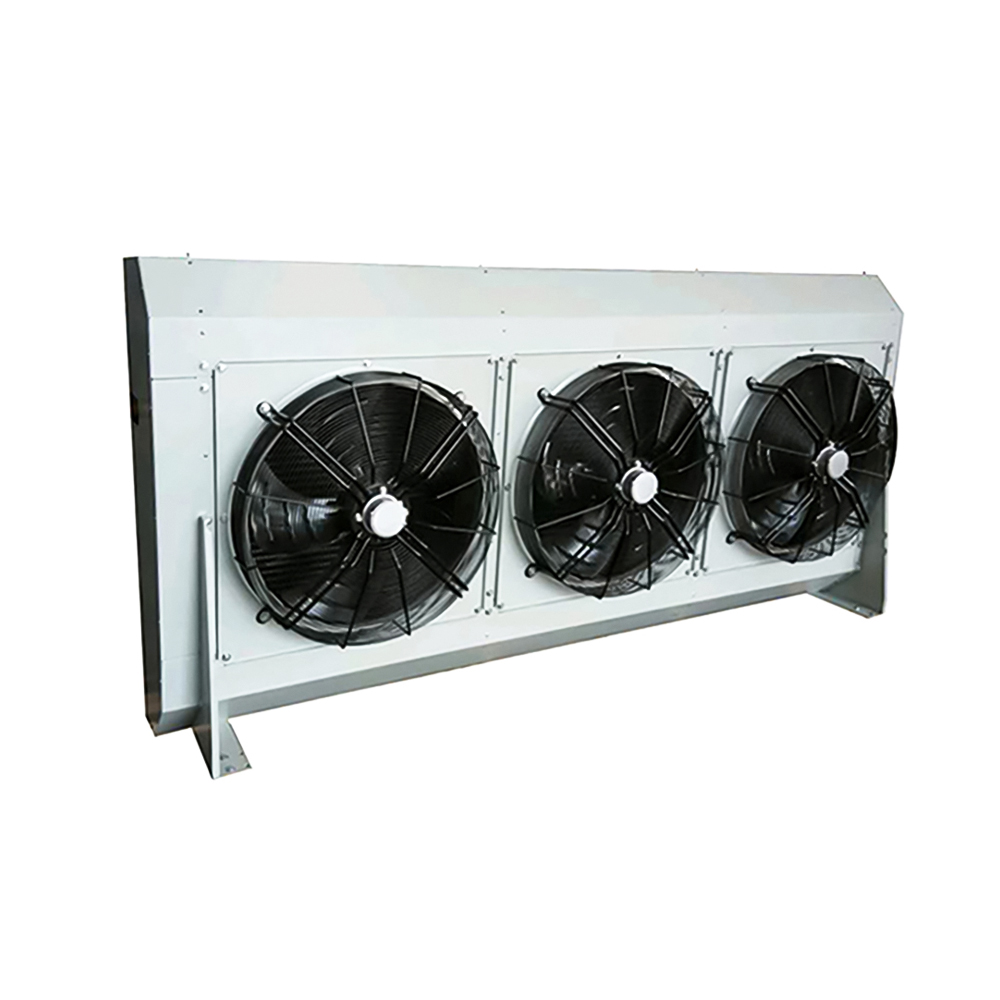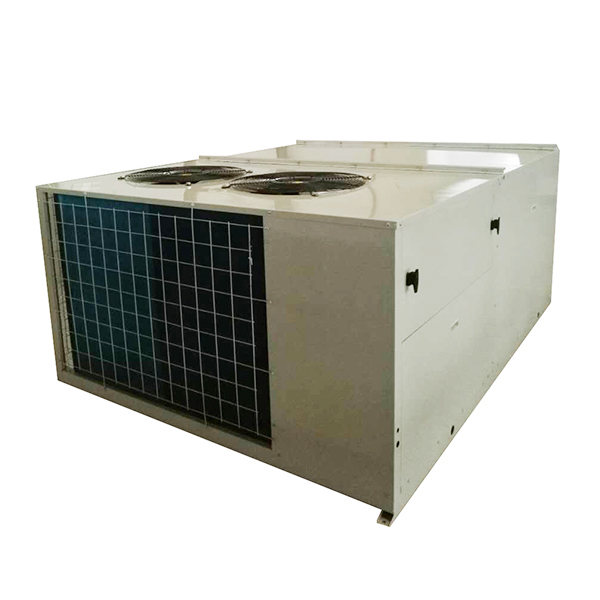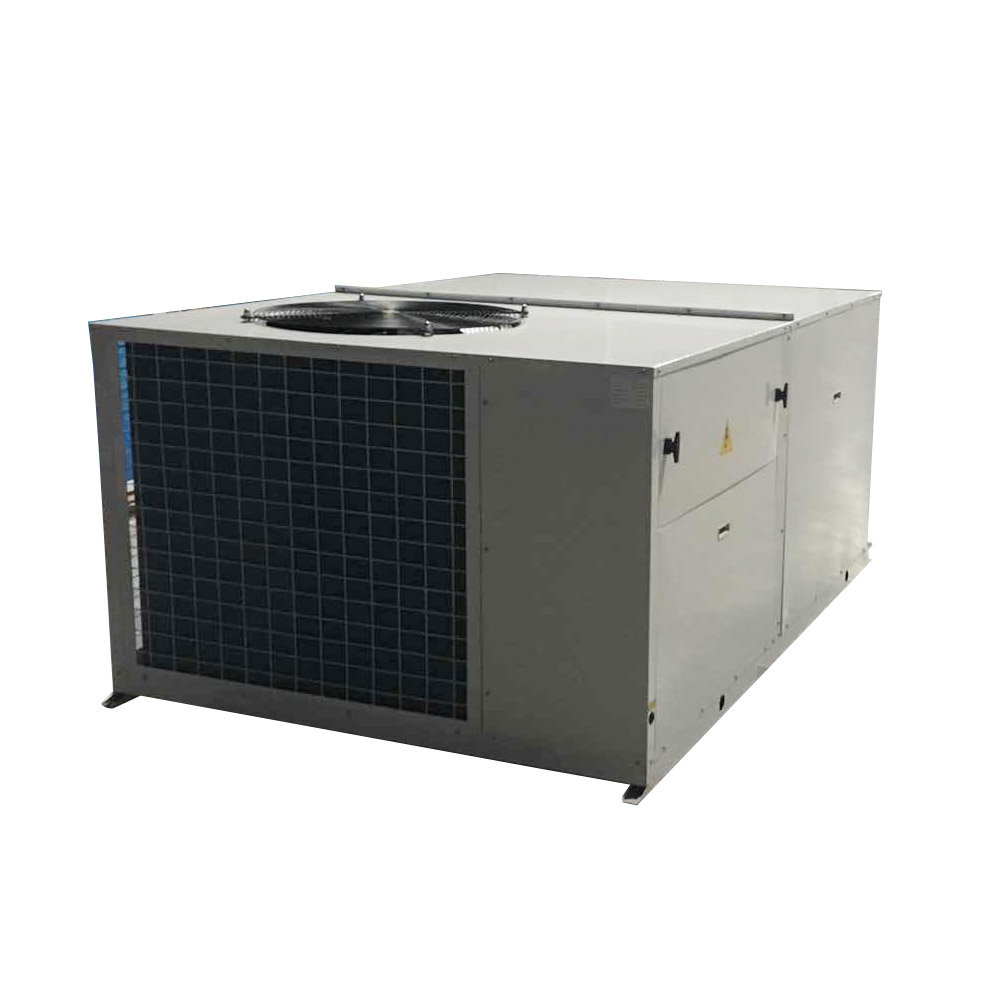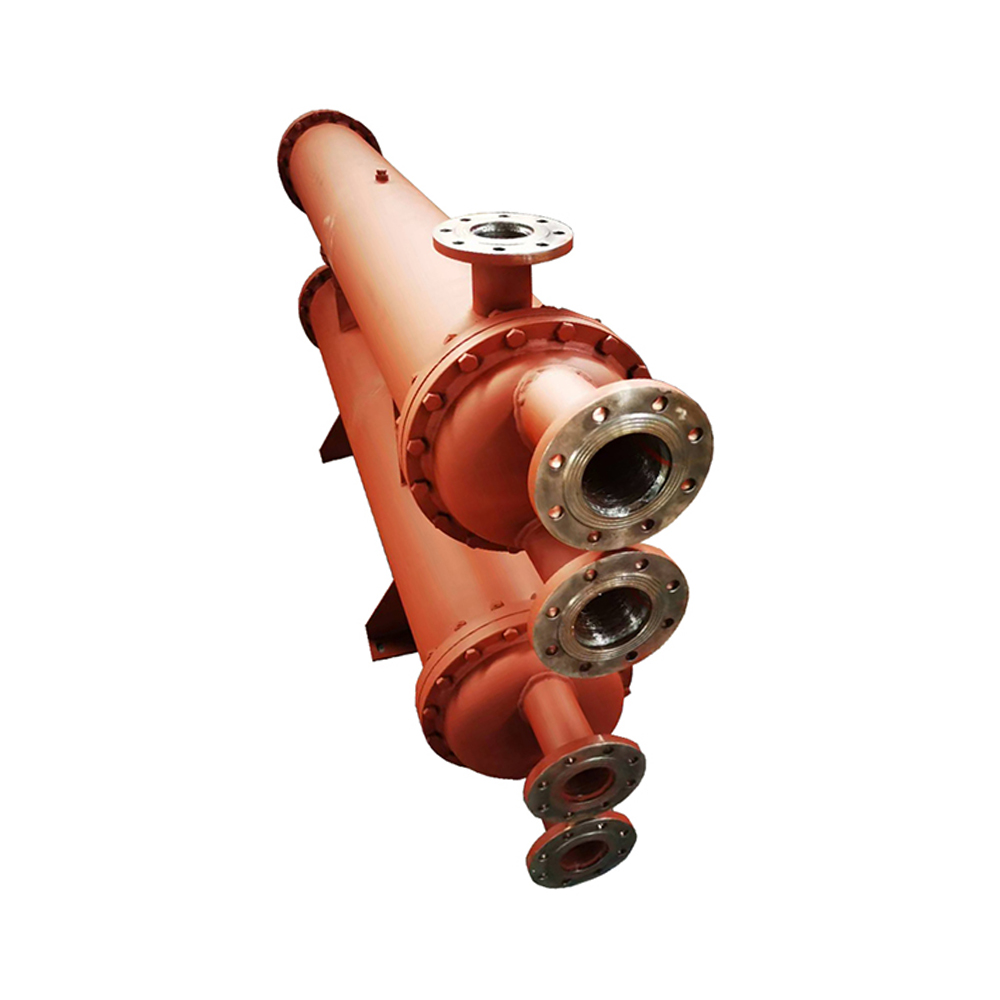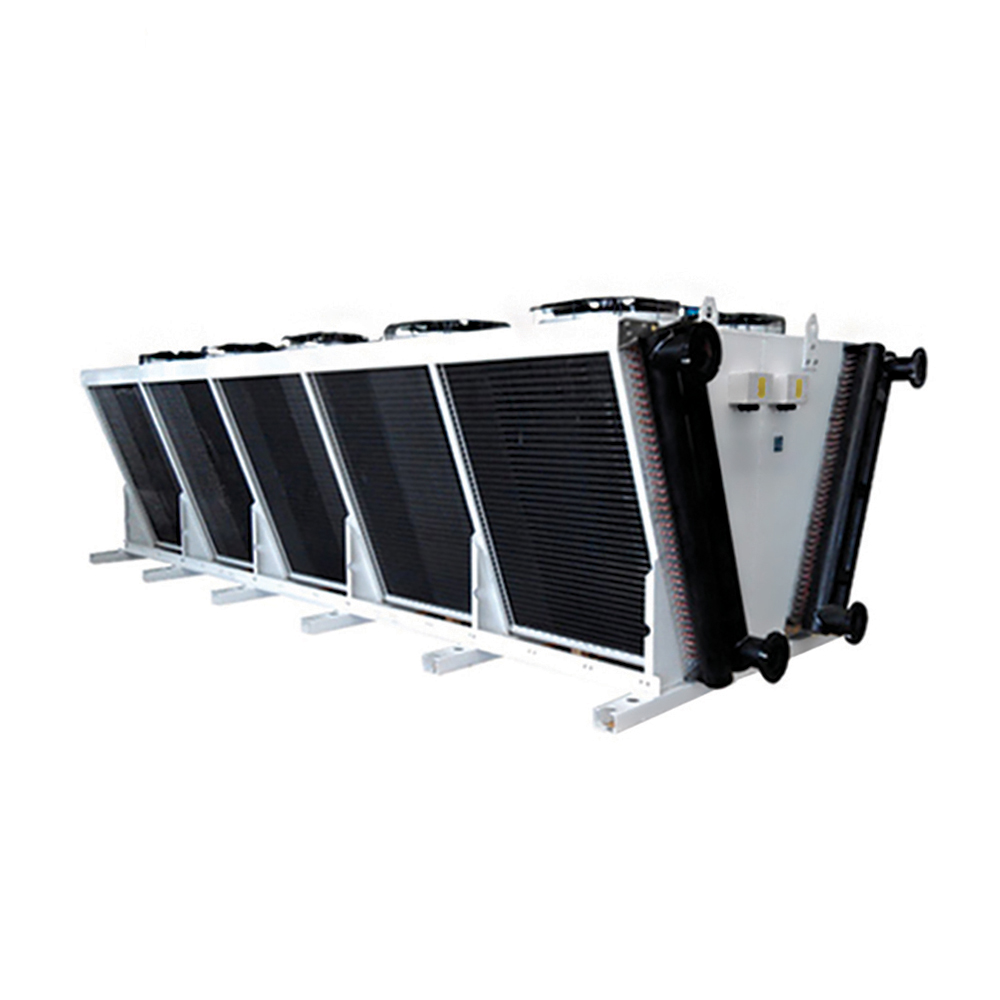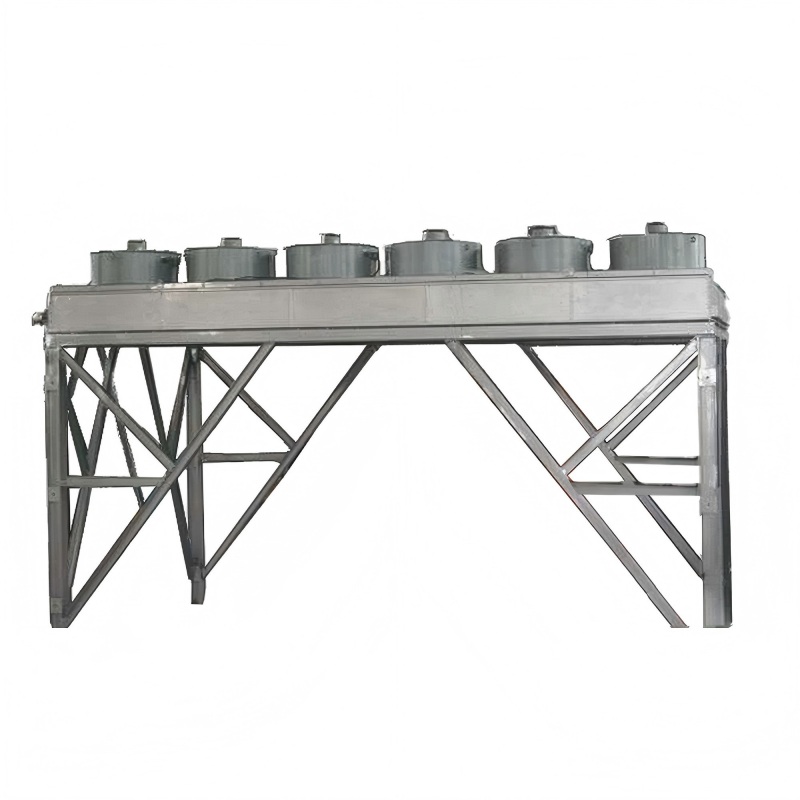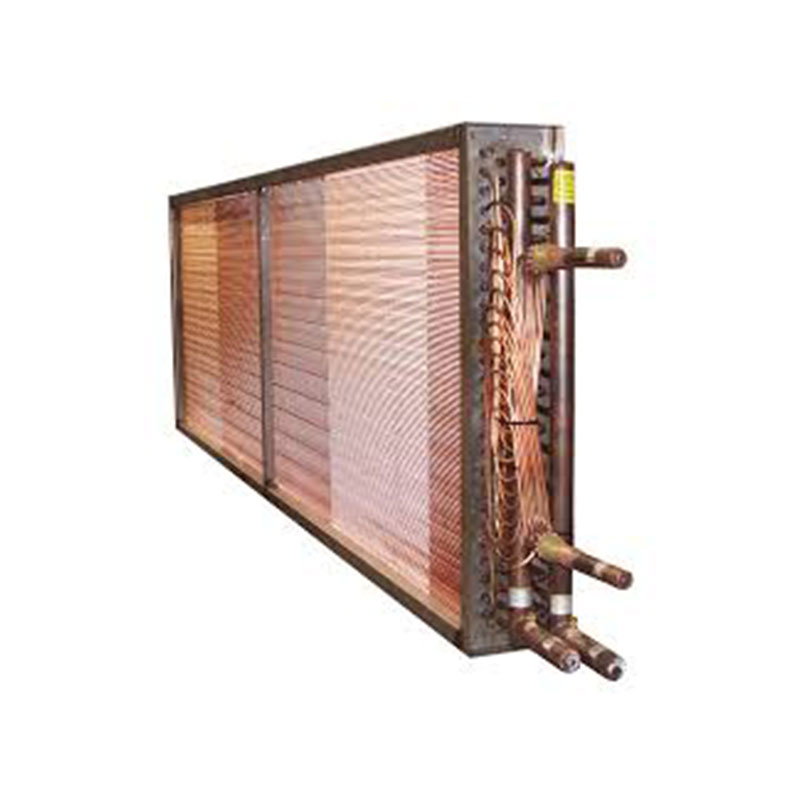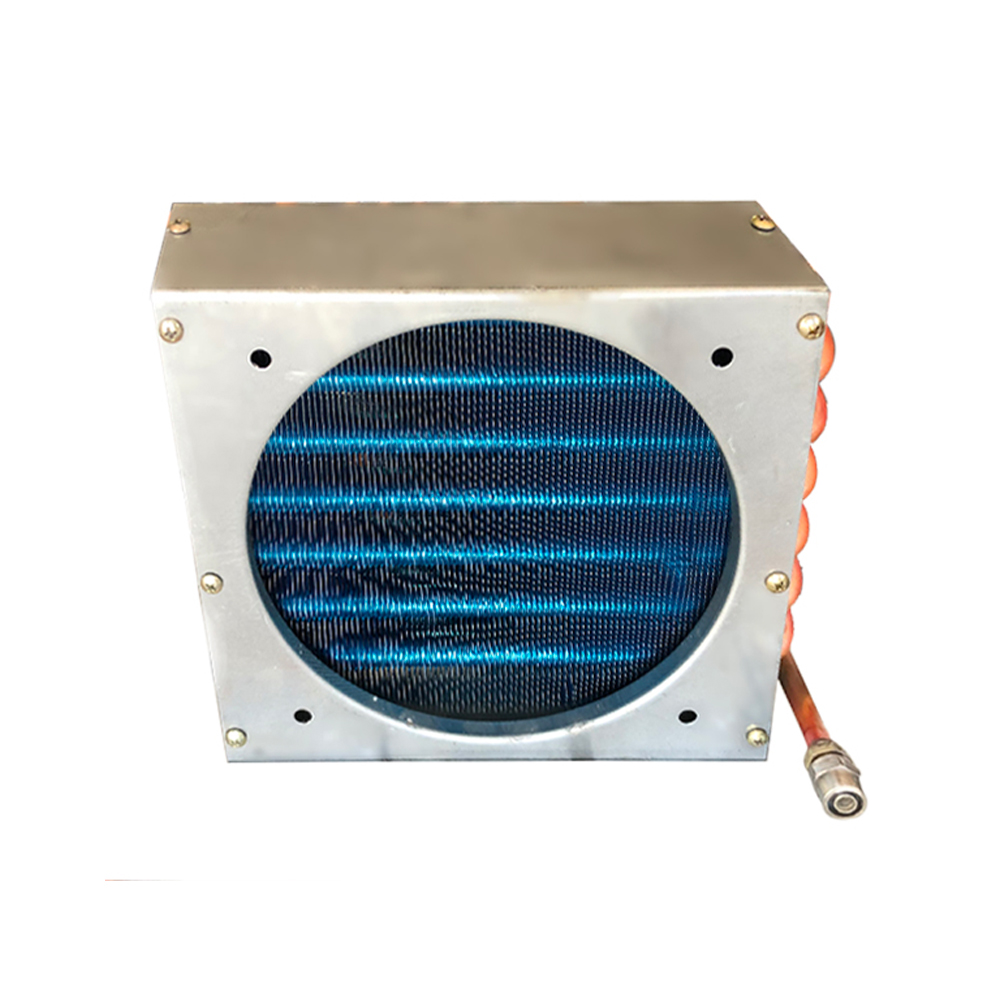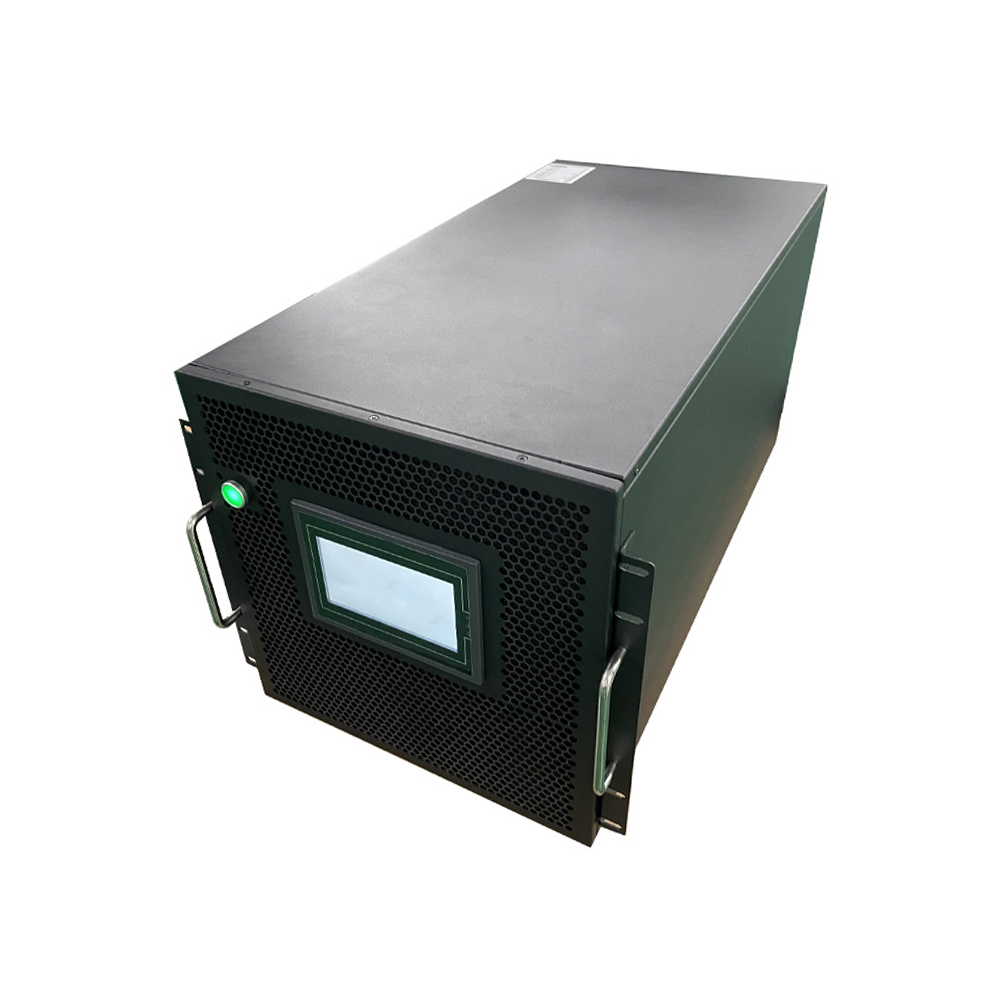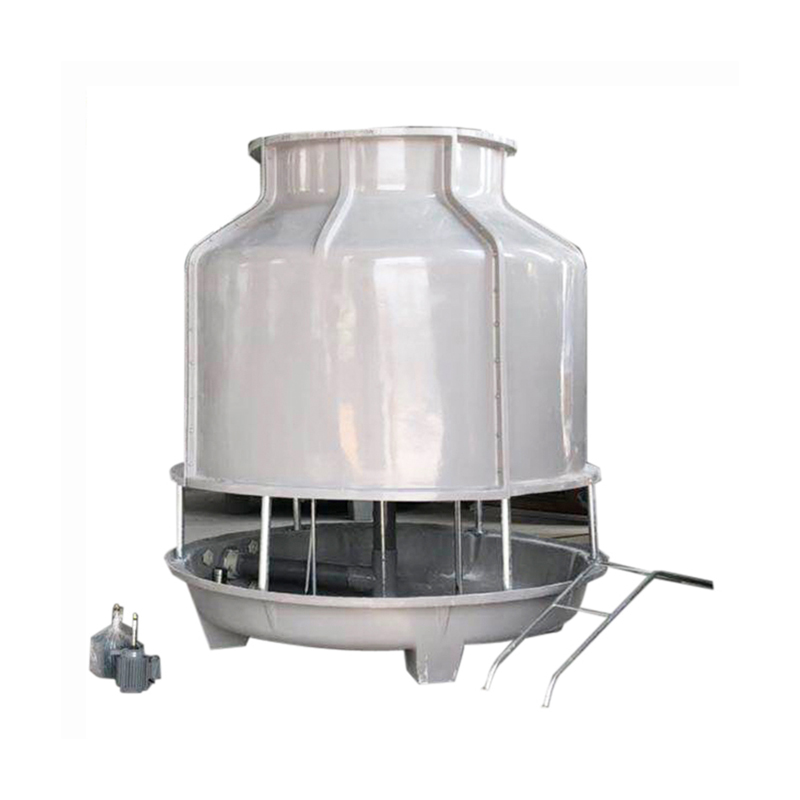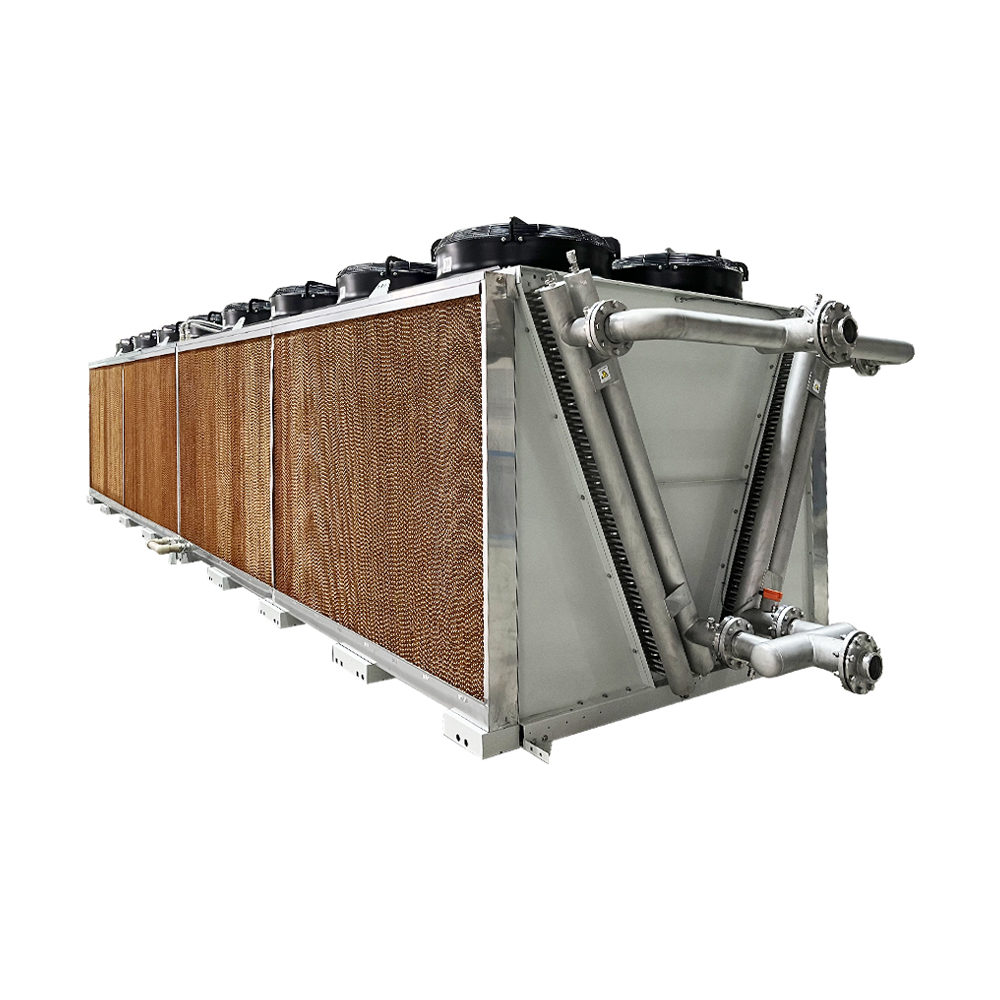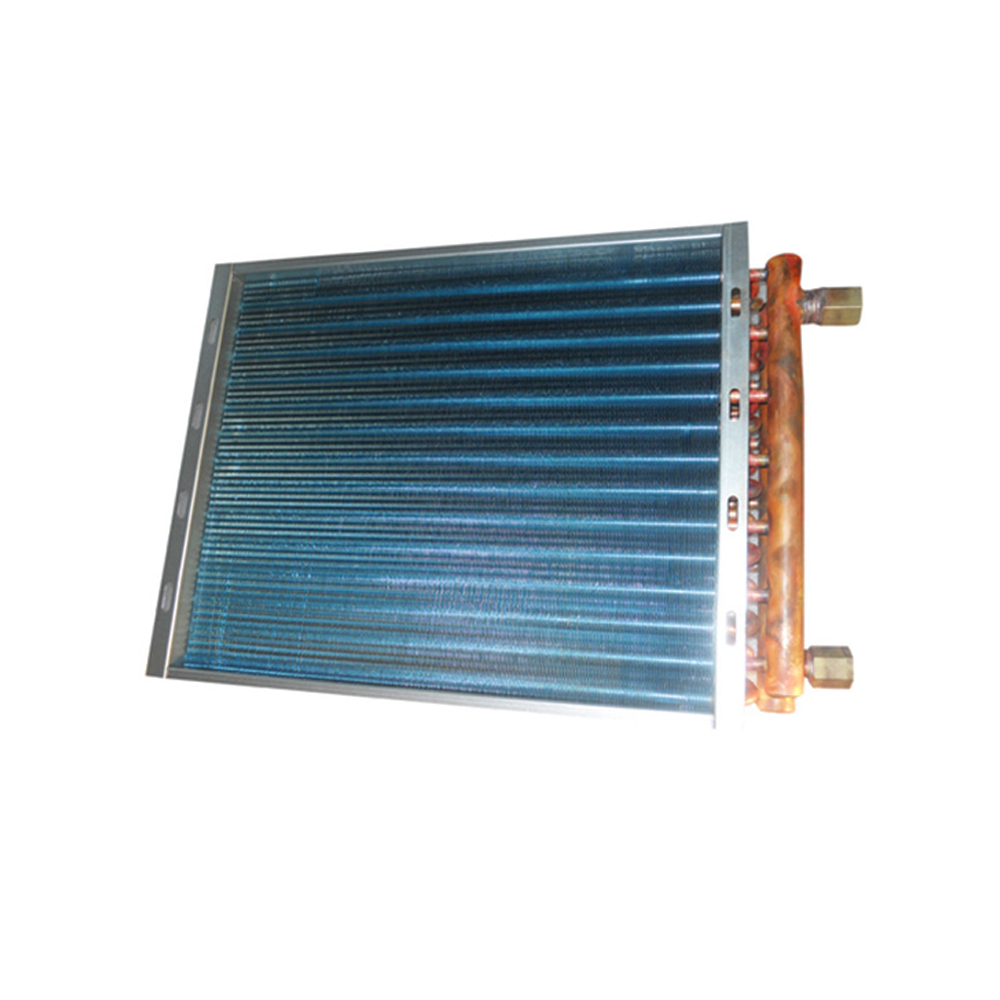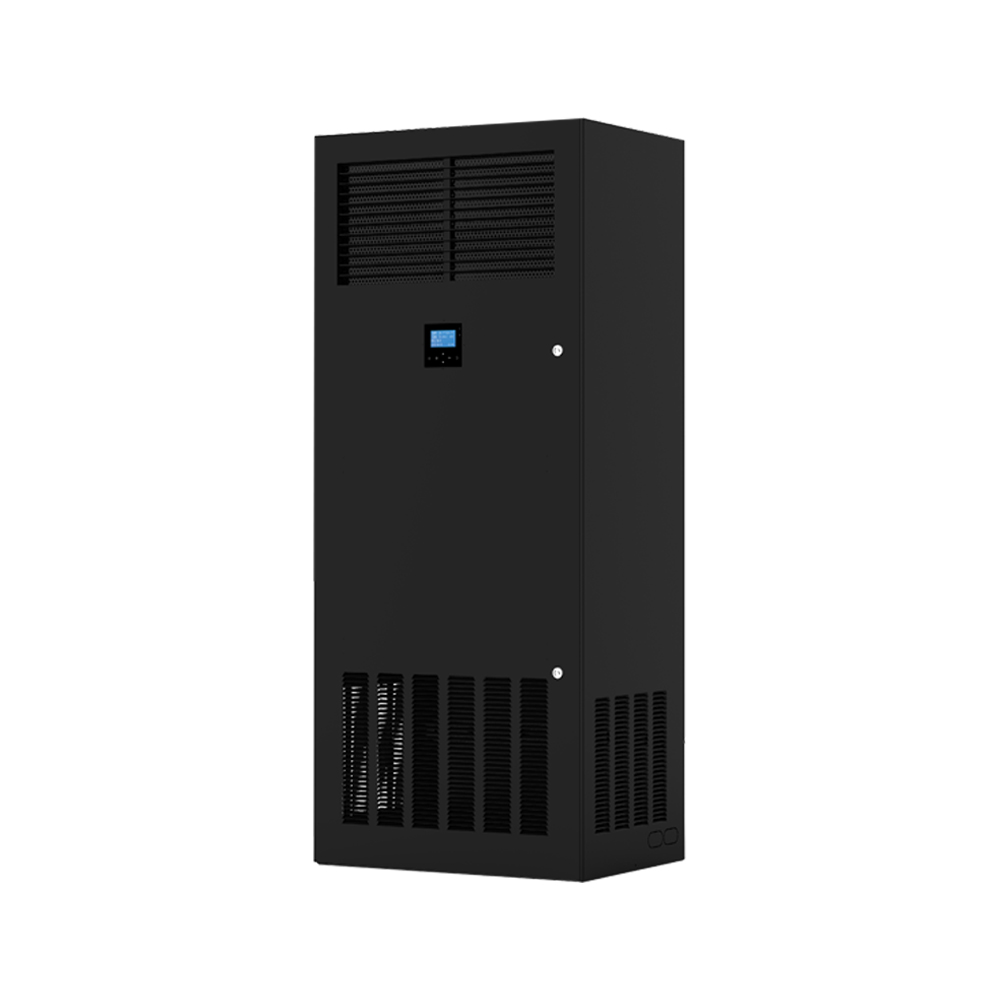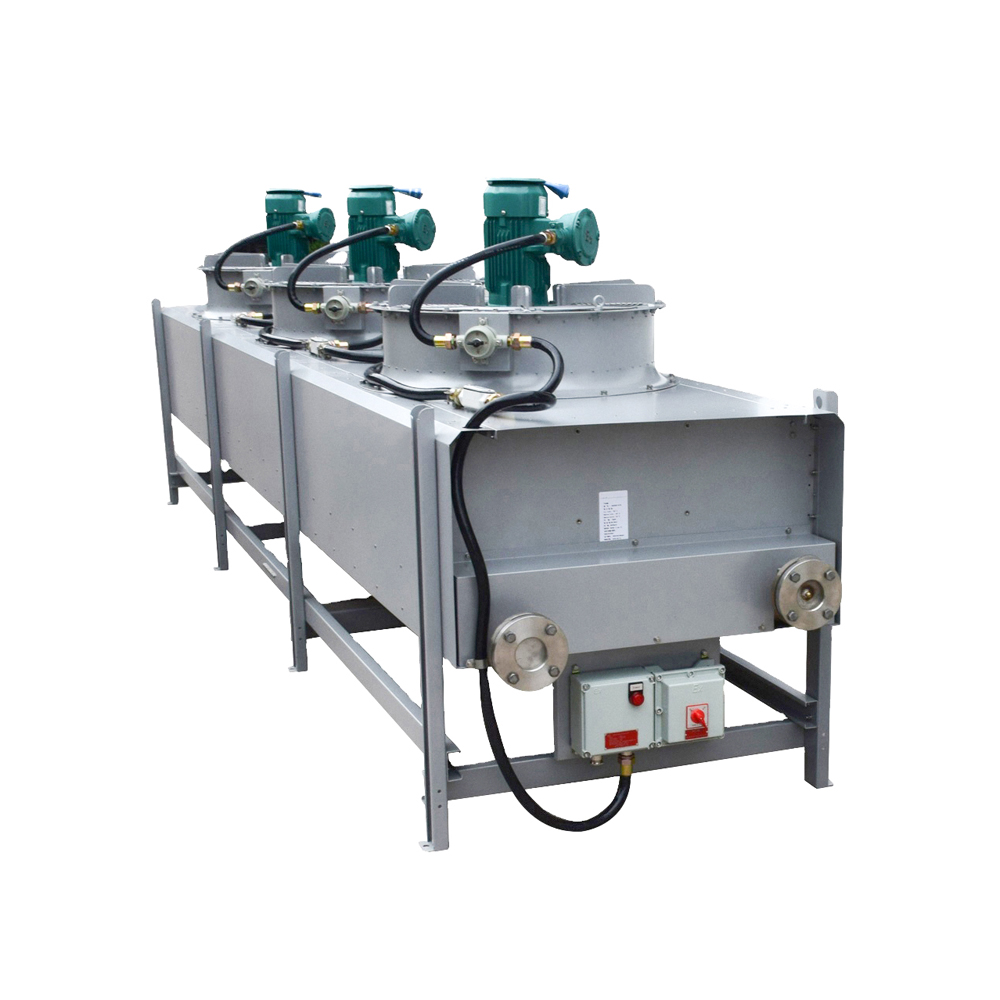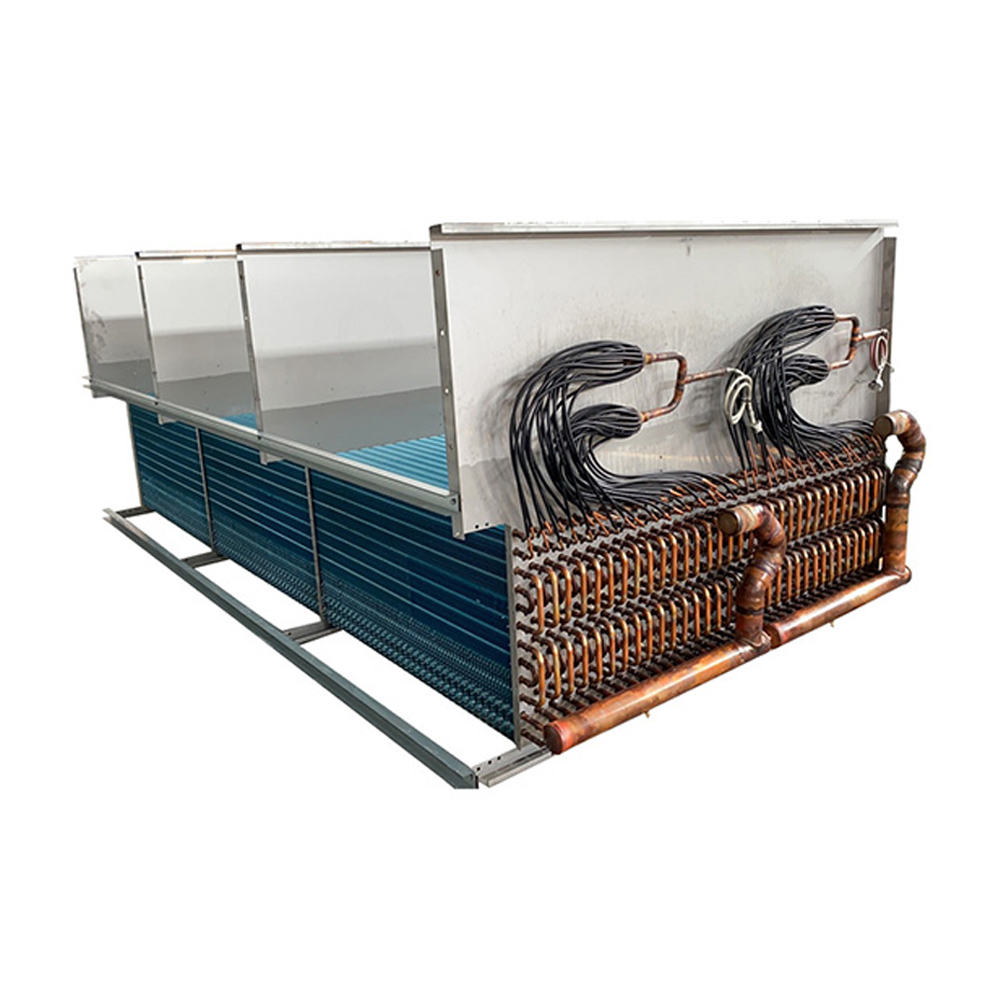Precision air conditioning systems are designed to deliver highly controlled environments, essential for industries with stringent temperature and humidity requirements. Unlike standard air conditioners, these systems offer much tighter tolerances, ensuring consistent conditions vital for the operation of sensitive equipment and processes. Choosing the right precision AC system depends heavily on the specific needs of your application, encompassing factors like space size, equipment sensitivity, and budget. This guide will walk you through the key considerations to help you make an informed decision.
Understanding the Need for Precision Cooling
Many industries rely on precise temperature and humidity control to maintain optimal operational efficiency and product quality. Examples include:
- Data Centers: Maintaining the ideal temperature range prevents overheating and data loss, crucial for the uninterrupted operation of servers and other IT equipment. Fluctuations can lead to downtime and significant financial losses.
- Pharmaceutical Manufacturing: Maintaining strict temperature and humidity levels is critical to prevent the degradation of sensitive pharmaceutical products during storage and manufacturing. This ensures product efficacy and safety.
- Laboratories: Scientific research often requires precise climate control for experiments, ensuring accurate and reliable results. Deviations in temperature or humidity can impact experimental outcomes.
- Cleanrooms: These highly controlled environments are used in manufacturing processes sensitive to particulate matter and environmental conditions. Precision AC systems contribute to the cleanliness of the room by reducing particulate matter circulation.
Types of Precision AC Systems
Several types of precision AC systems cater to diverse needs. The optimal choice depends on factors such as cooling capacity, space constraints, and budget:
Computer Room Air Conditioners (CRACs)
CRAC units are commonly used in data centers. They are designed for high-capacity cooling and offer features like redundancy and advanced monitoring capabilities. Many models are available, offering varying levels of precision and efficiency.
Computer Room Air Handlers (CRAHs)
CRAHs are similar to CRAC units but often integrate with existing HVAC systems. They are a versatile option and suitable for spaces where a complete system replacement isn't feasible.
In-Row Cooling Systems
This approach positions cooling units directly within server racks, offering highly targeted cooling and improved energy efficiency. This can be a particularly effective solution for large data centers.
Precision Air Conditioners for Industrial Applications
These units are designed for heavier-duty applications and are often customized to specific requirements. This option covers the specific needs of industrial settings demanding high-performance cooling.
Factors to Consider When Choosing a Precision AC System
Selecting the right precision AC system requires careful consideration of several key factors:
- Cooling Capacity (kW): Determine the cooling load based on the heat generated by your equipment and the ambient temperature.
- Temperature and Humidity Control: Specify the required temperature and humidity ranges to ensure optimal operation of your sensitive equipment.
- Redundancy and Failover: Consider incorporating redundant systems to ensure uninterrupted operation in case of equipment failure.
- Energy Efficiency: Choose energy-efficient models to minimize operating costs and environmental impact. Look for units with high Energy Efficiency Ratio (EER) ratings.
- Maintenance and Service: Select a system with readily available maintenance and service support to ensure long-term reliability.
Benefits of Investing in a Precision AC System
Investing in a high-quality precision AC system offers numerous advantages:
- Improved Equipment Reliability: Maintains optimal operating temperatures, preventing equipment failures and downtime.
- Enhanced Product Quality: Ensures consistent environmental conditions, crucial for manufacturing sensitive products.
- Increased Data Center Uptime: Prevents overheating and data loss, crucial for maintaining continuous operation.
- Reduced Energy Consumption: Energy-efficient designs contribute to cost savings and reduced environmental impact.
- Extended Equipment Lifespan: Prevents premature wear and tear, extending the operational life of your equipment.
Choosing the Right Partner for Your Precision AC Needs
Selecting a reliable and experienced provider is crucial for successful precision AC system implementation. Consider factors such as:
- Technical Expertise: Ensure the provider possesses extensive knowledge and experience in designing and installing precision cooling systems.
- Project Management Capabilities: Choose a provider with robust project management capabilities to ensure timely and efficient installation.
- Service and Support: Select a provider that offers comprehensive service and support to ensure long-term system reliability.
For high-quality precision air conditioning systems and expert support, consider contacting Shanghai SHENGLIN M&E Technology Co.,Ltd. Their expertise and commitment to excellence ensure a tailored solution for your specific needs.
1 Data center cooling best practices. [Reference to a relevant industry standard or best practice document - replace with actual source if available]









